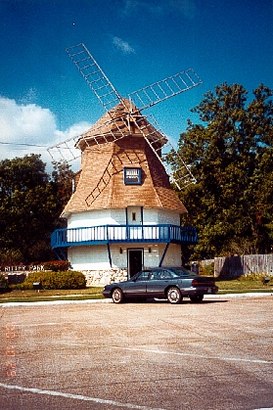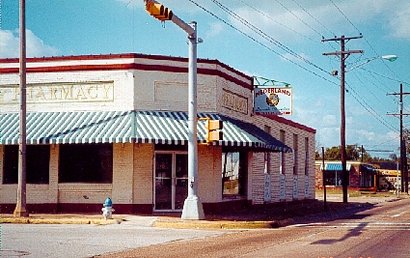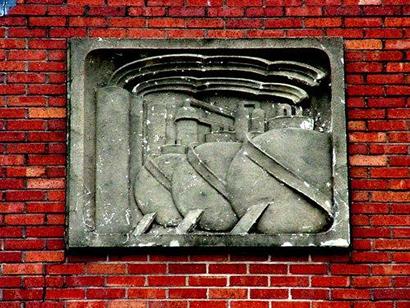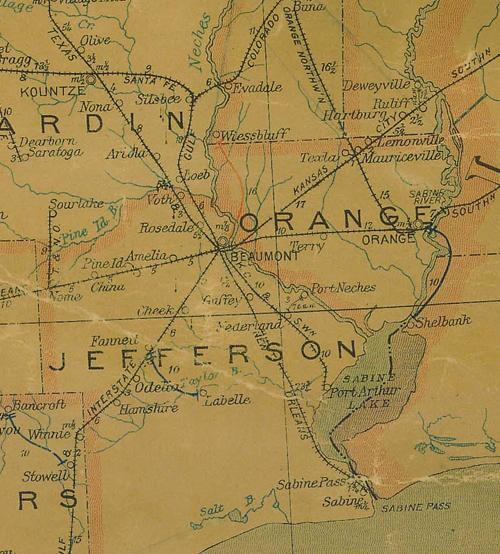Nederland, Texas, Jefferson County. (original) (raw)

Nederland Windmill
TE photo, 2003
History in a Pecan Shell
Railroad magnate Arthur E. Stilwell brought the railroad to Port Arthur in the 1890s. It was Stilwell�s pet project and it was partially funded by Dutch investors. His plan was to entice Dutch immigrants to Texas and what better way than to name the place after the homeland?
The first Dutch settler arrived in 1897 and as others arrived, they set their hands to dairy farming and vegetable growing. Many started growing rice � an unlikely crop for Dutchmen but one that was gaining in popularity, having been introduced just a few years earlier. But rice proved too successful and an economic slump and overspeculation all but destroyed the industry at Nederland. Many disillusioned immigrants left.
The discovery of oil at Spindletop gave Nederland another chance at prosperity. Two oil terminals were set up close to the city limits. In 1913 the community was connected to Beaumont and Port Arthur by Interurban service.
Telephone and electrical service soon followed. The building of oil infrastructure continued with refineries literally being built �left and right.� The demand for workers brought legions of Louisianans to the area.
In the 1930s Nederland acquired it�s first weekly newspaper. Oil kept the community prosperous through the Great Depression and by 1940 the population was nearing 4,000 residents.
By 1970 the population had leaped to over 16,000 and has stabilized at just over 17,000 for the 2000 and 2010 census.

Nederland Pharmacy
corner of Boston Avenue and Hwy 347
closed in 2002
TE photo, 2003
Historical Marker: in front of Dutch windmill replica in Tex Ritter Park
City of Nederland
Settled by Dutch immigrants in 1897; named for their native Netherlands, which in the 1890s suffered overcrowding, wornout soil, and scant hope for prosperity. Thus when the Port Arthur Land Company (joined by Dutch businessmen) advertised the abundance of America, many families eagerly moved to this region. The new colony thrived, although torrid summers, frigid winters, and swamps prompted a few to return to Holland. Those who remained built a sound economy of farming and ranching, now largely replaced by rice-growing and industries.
1970

Texas Escapes, in its purpose to preserve historic, endangered and vanishing Texas, asks that anyone wishing to share their local history, stories, landmarks and recent or vintage photos, please contact us.
